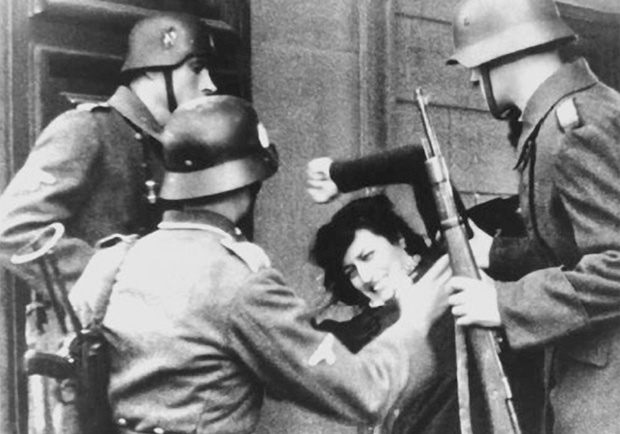Along with prom comes angst, materialism, and drama. As much as we tend to associate those issues with teens attending the big dance, the grown-ups end up just as guilty. As they take pet prom issues far too seriously, parents and teachers indulge in plenty of excesses of their own.
When I was principal of a small Christian high school, the father of one of my students came to see me in my office one spring day. He had come from work, dressed in a faded three-piece suit. That, his full beard, and the way he sat stiffly in the chair in front of me made him look like a late-Victorian gentleman. It was fine foreshadowing. Our school had decided to approach our upcoming prom with the "spirit of the law" rather than the "letter of the law." We would have no hard and fast rules about widths of straps and lengths of hemlines, no list of banned songs allowed and dance moves; rather, we would set forth principles of decorum, taste, and loving our neighbors, and work with students to uphold them. This father, however, was concerned. And what he was specifically concerned about, he told me, sitting there across from me in my office like a late-Victorian gentleman, was that if the girls' dresses had no straps, they were more likely to cause the boys to masturbate.
That’s when I developed strong views about the excesses of proms. And I don't mean the excesses of young people whose ripe, nervous exuberance is bursting from their cummerbunds and sequined gowns while they promenade toward adulthood, mature sexuality, and good taste. While the prom is a key way station toward growing up, at 16, 17, and 18, those qualities are generally still a good ways off. Rather, it is our own impulses toward excess—whether rooted in fear, control, or vicariousness—that we, the adults, need to moderate.
For many Christians, the prom is an event fraught with controversy and anxiety, which is understandable since much of what proms involve seems at odds with Christian thinking. At the same time, much that is worthy of marking and celebrating in the lives of young people is part of proms, too.
So here's a modest proposal: let's strive for moderation in all things prom—and let us as adults set the example for the young people to follow.
Adult guidance is surely needed to temper some of prom culture's overt sexuality. For example, prohibiting the sex-with-your-clothes-on kind of bump-and-grind that passes for dancing these days serves as a responsible move by school administrators. Similarly, one school put the brakes on the recent trend of bringing a porn star as a date, and another school banned popular music glorifying violence against women. In a class all by itself—and who could argue against this?—is one school's ban on that obnoxiously pungent male perfume, AXE.
Proms foster all kinds of excesses. As the exorbitant price tag for prom gets up to at least $1,000 on average, we can encourage creative and thrifty ways to participate in the prom, as one school did in prohibiting limos and relying on buses instead. Reasonable prom budgets will accurately reflect the event's importance as a milestone in life, not an ultimate destination. Even asking a date to the prom can run to extremes, sometimes a hefty price tag, in other cases, a school suspension.
As the concern of my student's father, above, illustrates, proms are also ground zero in the modesty wars. But we should consider the message we send to both young women and young men when we inspect the girls' gowns or stand guard with rulers, hand widths, and shawls at the prom door. If we aren't likewise stationed in the parking lot, examining the cars and the driving credentials of those behind the wheel, then we imply that we care more about their knees and shoulders than their very lives.
We can, in general, be a little less uptight and a lot more understanding, a little less controlling and a lot more mentoring, a little less fearful and a lot more forgiving. Proms are a chance for young people to dress and act like grownups, though they aren't quite there yet. In attempting to curb their youthful excesses, we must first curb our own.














